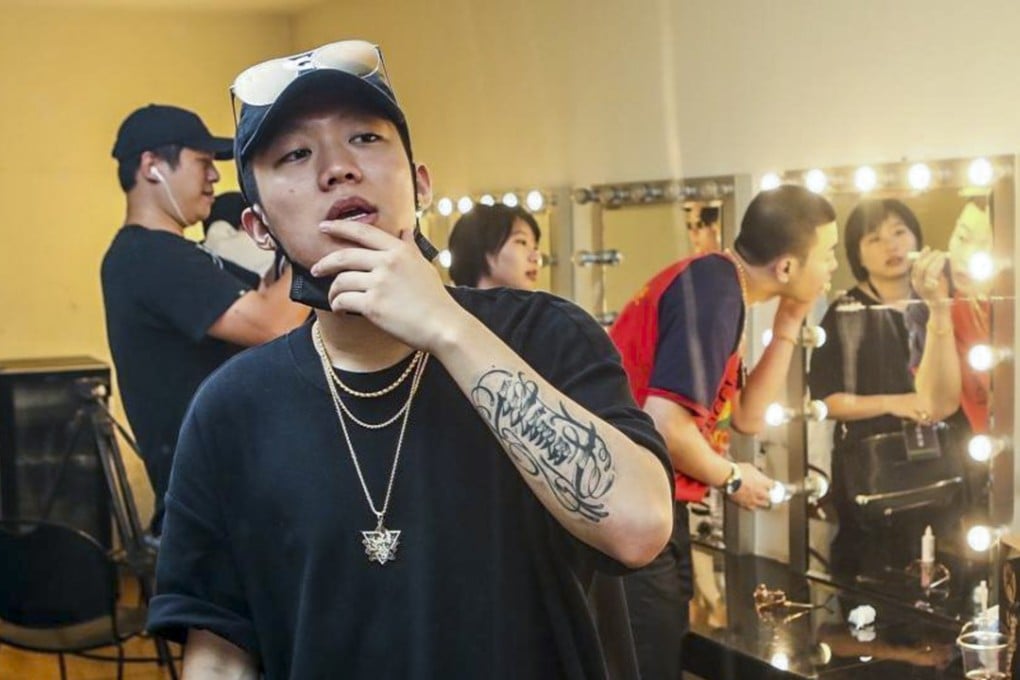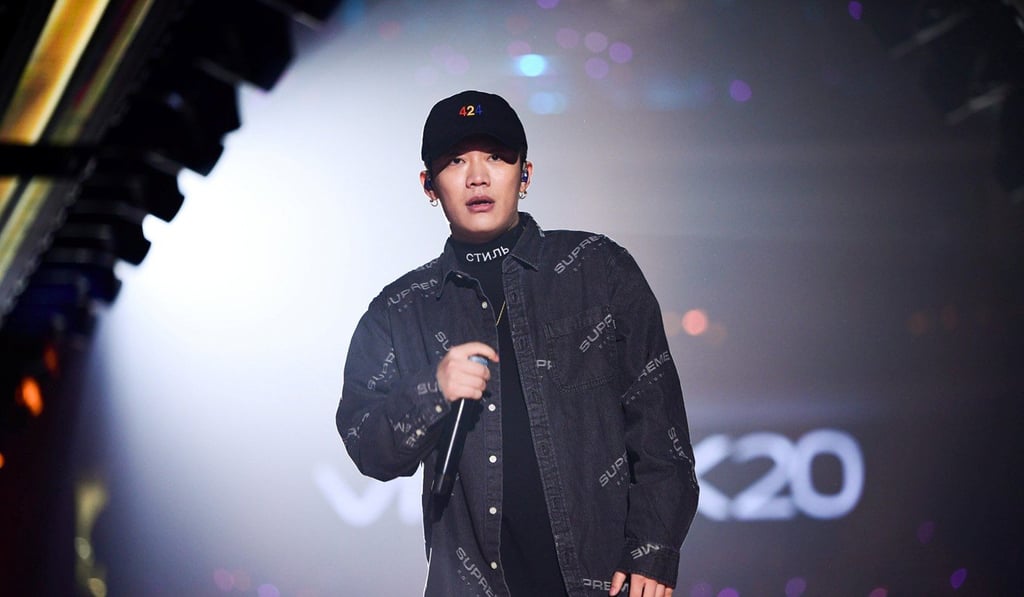China’s hip-hop culture ban: authorities send mixed messages
A recent televised rap competition drew three billion viewers in its three-month run, but some rappers, and hip hop as a whole, have faced official scrutiny. New shows are still being released, though, with apparent approval

Although rules specifically targeting hip hop were not available on official platforms, Chinese news site Sina Entertainment reported in January that regulators had requested that television programmes avoided guests associated with the genre.
Hip hop in China bounces back as new show gives next-gen rappers mainstream appeal, despite censorship
Still, Hot Blood Dance Crew, a dance competition which shows the influence of hip-hop culture, premiered on online video platform iQIYI in March. That came just weeks after Street Dance of China – a similarly themed programme – began screening on Youku, another Chinese video site.
At first glance, both programmes appear to have much in common with last year’s breakout rap competition The Rap of China, which drew nearly three billion views during its June to September run, but has since seen its stars come under scrutiny.

Chinese American rapper and hip hop star on his rise and why he turned down The Rap of China – twice
The newer programmes, however, were released months after authorities began suppressing some aspects of hip-hop culture.